By Greg Mayew
|
The Authors
Greg Mayew Greg Mayew joined Afridi & Angell in 2004 and is the partner in charge of the Abu Dhabi office. He is involved in the firm’s corporate and commercial, capital markets, construction, project finance, and banking practices. Greg holds a JD from the University of Minnesota Law School, a master’s degree from the Massachusetts Institute of Technology and a BA from the University of Denver. He is a member of the New York State Bar. Prior to joining Afridi & Angell, Greg was an associate at the London and New York offices of a leading firm. |
Introduction
In late 2019, the Industrial Development Bureau (IDB) of the Abu Dhabi Department of Economic Development (ADDED) launched the Abu Dhabi Local Content (ADLC) Program in a trial phase. In April of 2020, the IDB announced implementation of the ADLC Program, which will apply to more than 1,244 governmental and semi-governmental tenders worth approximately AED 15 billion. The tenders were from government and semi-government entities inviting bids for procurement projects announced during the first quarter of 2020.
What is the ADLC Program?
According to the IDB, the ADLC Program aims to direct government spending towards the development of local content at the local economy level for the Emirate of Abu Dhabi. The ADLC Program will encourage companies and factories participating in government tenders to increase their economic contribution in Abu Dhabi through three main components: locally procured goods and services, local investment and Emiratisation.
Under the ADLC Program, companies are rated according to their contribution to the local economy. Businesses with higher scores are given preferences in awarding tenders.
How does a business get rated?
Companies apply to a certifying body for an ICV certificate. The certifying body issues an ICV certificate that measures a company’s contribution towards the local economy.
How does the ADLC Program differ from ADNOC’s In Country Value (ICV) Program?
Conceptually, the ADLC Program is similar to ADNOC’s In Country Value (ICV) Program, which predates the ADLC Program. In both cases, companies are certified by a certifying body and receive an ICV certificate. The ICV certificate includes an ICV score reflecting local value contributed by the business. However, whereas local value under ADNOC’s ICV Program takes into account the entire UAE, the ADLC Program takes into account local value in the Emirate of Abu Dhabi only. The same ICV certificate used by ADNOC in its ICV Program will be used in the ADLC Program. However, the ADLC Program will focus only on the Abu Dhabi factor in the ICV certificate.
Who are the certifying bodies?
There are currently eleven certifying bodies that issue ICV certificates. In alphabetical order they are the following: ARDENT Advisory & Accounting LLC, Baker Tilly MKM & Co., Crowe Mak, Deloitte, Ernst & Young, KPMG, Mazars Chartered Accountant, MBC Auditing & Accounting, PKF, Protiviti and Talal Abu Ghazaleh.
How does a business obtain an ICV certificate?
To obtain a certificate, in addition to paying the fees charged by the certifying body, a company must provide the certifying bodies with certain information including, for example, copies of its audited financial statements (prepared in accordance with IFRS), a list of all goods and services procured by the company during the most recent financial year and wage protection system (WPS) reports evidencing payment of employee wages.
What is the cost of obtaining a certificate?
This is determined by the certifying body. Businesses may contact certifying bodies for fee quotes.
What is the validity period of an ICV certificate?
An ICV certificate is valid for 14 months from the date of issue.
Which businesses need to obtain an ICV certificate?
In practical terms, ICV certification is essentially a requirement for all companies operating in Abu Dhabi that wish to apply for governmental and semi-governmental procurements. Technically, a company that does not have an ICV certificate may still participate; however, it will be assigned an ICV score of zero thereby significantly handicapping its chances of success.
Is the ICV score a big factor in the awarding of tenders under the ADLV Program?
Yes. According to the IDB, the ICV score accounts for 40% of the financial evaluation.
Do suppliers that do not participate in tenders directly need to obtain an ICV certificate?
No; however, it is advisable to do so if your business provides goods or services to customers who participate in governmental and semi-governmental procurements. Locally procured goods and services are a factor in a company’s ICV score. Hence, a company can increase its own ICV score by using suppliers with high ICV scores. Accordingly, it is expected that suppliers with high ICV scores will be more attractive to customers who participate in government and semi-government tenders. Suppliers with no ICV certificate will be treated as having an ICV score of zero making them less attractive to any customer concerned about its own ICV score.
Does a company with multiple branches in Abu Dhabi need a separate certificate for each branch?
Branches in the Emirate of Abu Dhabi with identical activities and ownership listed on the licenses can obtain one combined ICV certificate.
What are the major factors that influence the ICV score?
The three major factors are locally procured goods and services, local investment and Emiratisation. Details of how the calculations are made are set out in the ADLC Program Guidelines.
Summary and conclusion
The ADLC Program is a major development that will have significant impact on all businesses that directly and indirectly provide goods and services to governmental and semi-governmental entities in Abu Dhabi. In this sector, companies with high levels of contribution to the local economy in Abu Dhabi will have a major competitive advantage. ■
****
| Afridi & Angell
Founded in 1975, Afridi & Angell is a full-service UAE law firm in its fifth decade at the forefront of the legal community. From the beginning, our hallmarks have been a commitment to quality, unsurpassed knowledge of the law and the legal environment, and crafting of innovative business solutions. Licensed in the three largest Emirates of Abu Dhabi, Dubai and Sharjah as well as the Dubai International Financial Centre, our practice areas include banking and finance; corporate and commercial law; arbitration and litigation; construction; real estate; infrastructure projects; energy; project finance; maritime (wet and dry); and employment. We advise local, regional and global clients ranging in size and sophistication from start-ups, sole proprietorships, family-owned businesses, entrepreneurs and investors to some of the world’s largest public and private companies, governments and quasi- government institutions. We attract and retain clients with our dedication to practical guidance focused on their business needs supported by decades of experience here in our home jurisdiction, the UAE. Afridi & Angell is the exclusive member firm in the UAE of top legal networks and associations, most notably Lex Mundi, the world’s leading network of independent law firms, and World Services Group. |
| Afridi & Angell’s inBrief provides a brief overview and commentary on recent legal announcements and developments. Comments and opinions contained herein are general information only. They should not be regarded or relied upon as legal advice.
© 2020, Afridi & Angell |



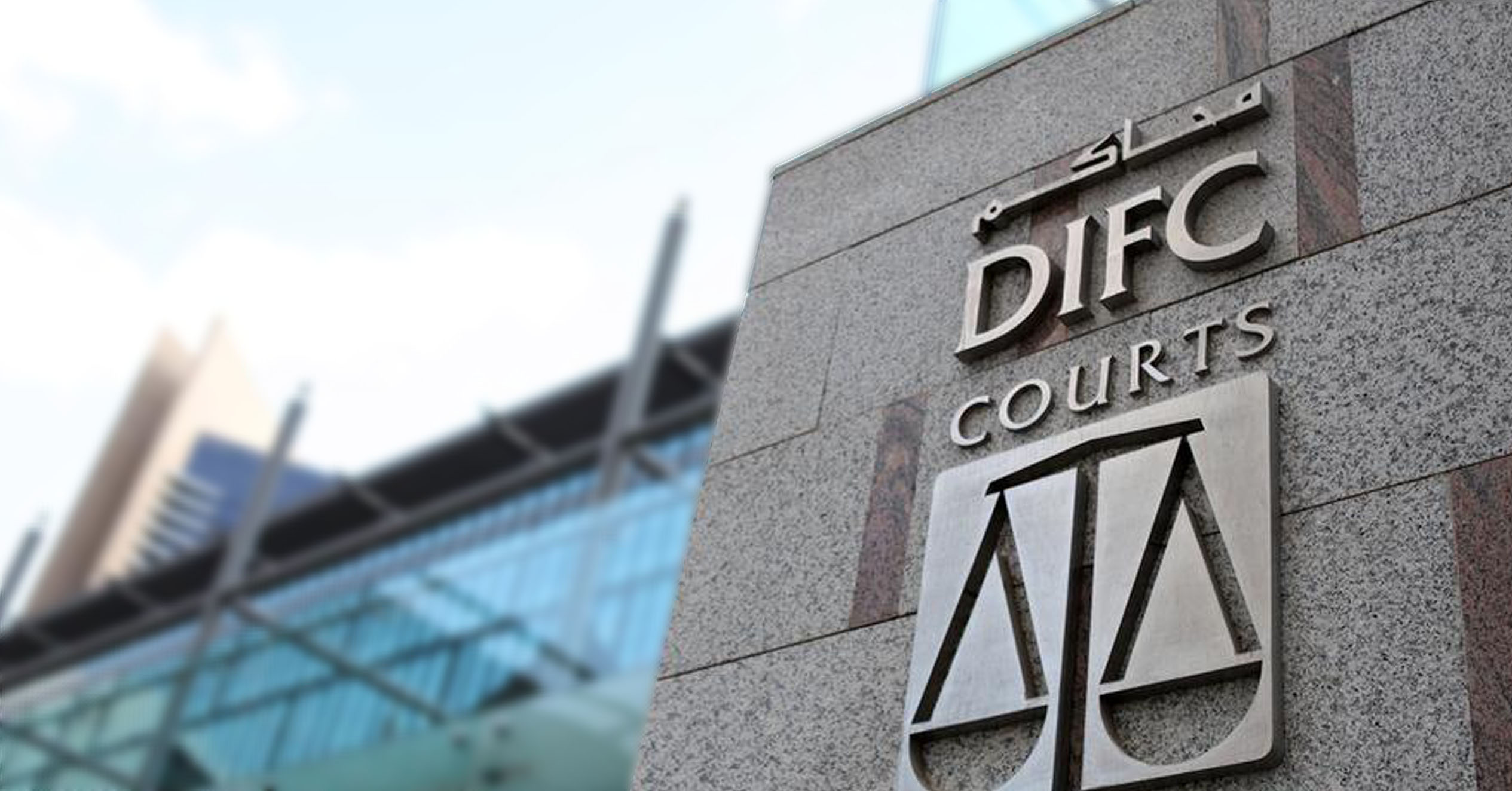


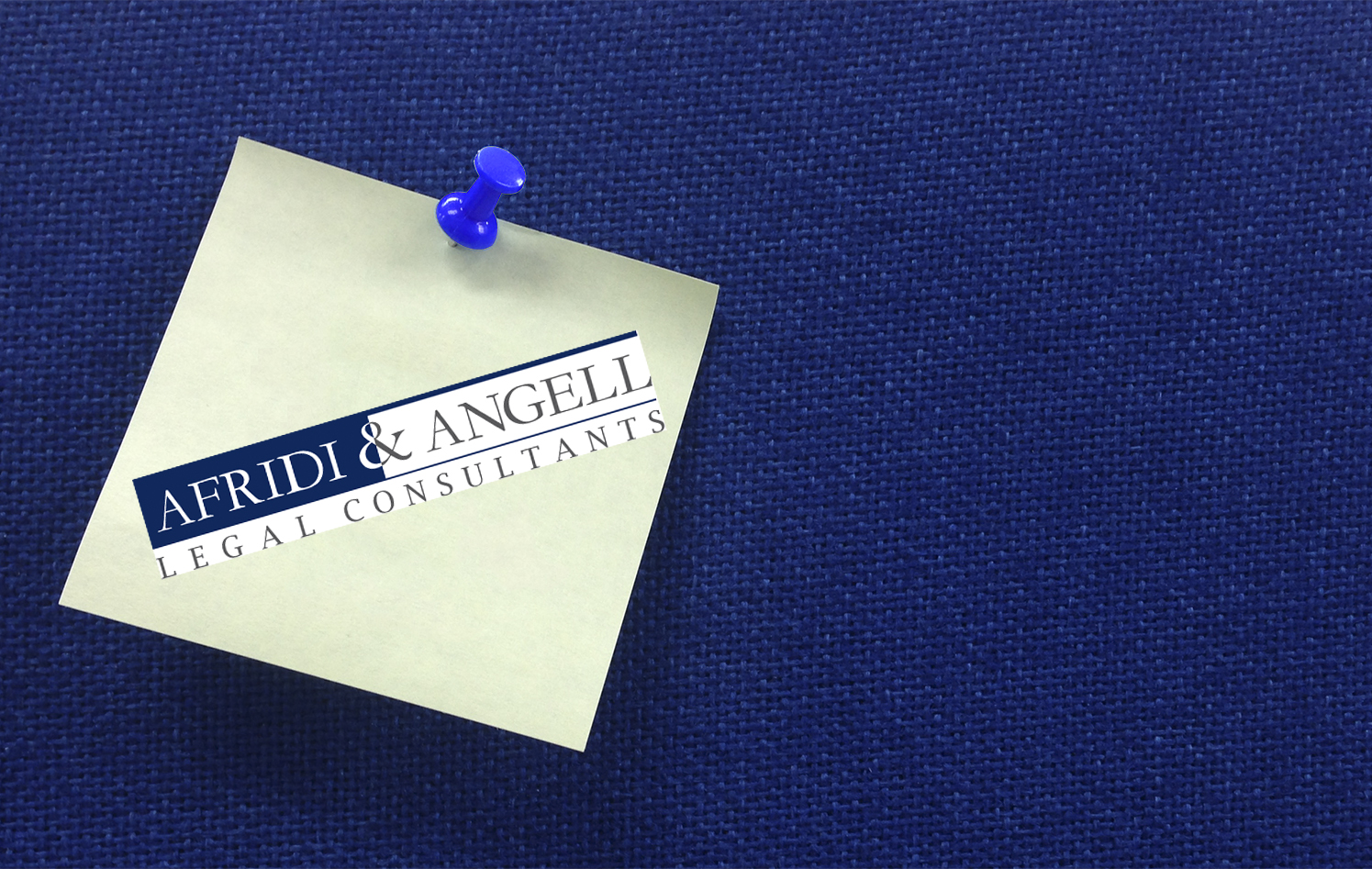


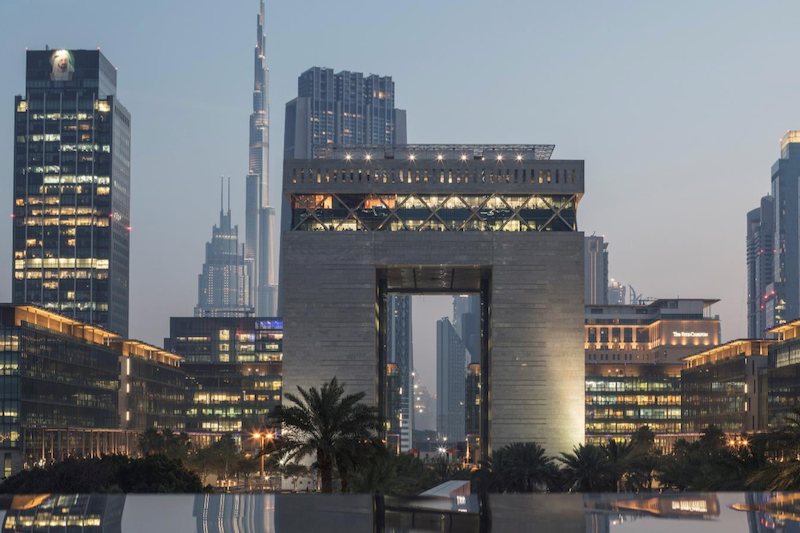

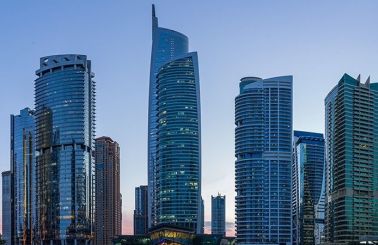

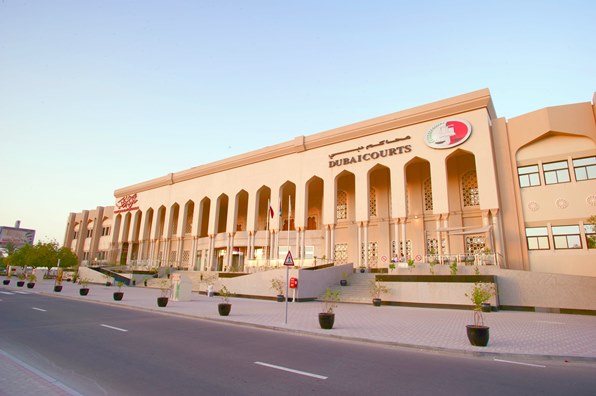








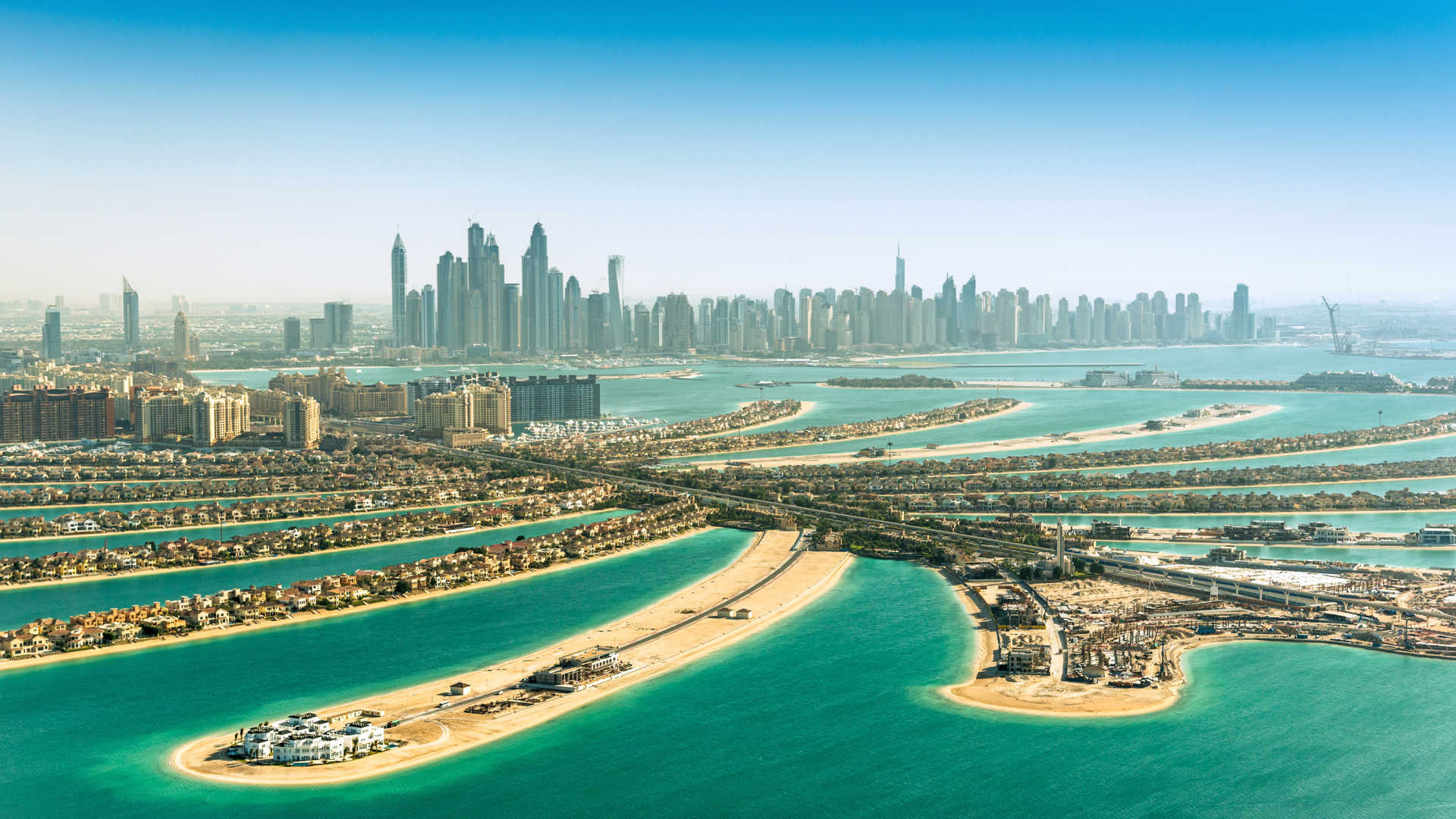
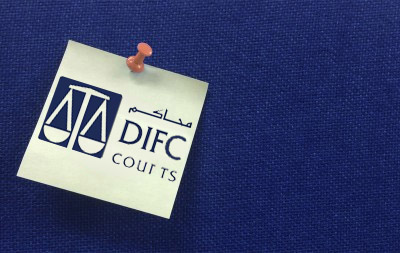
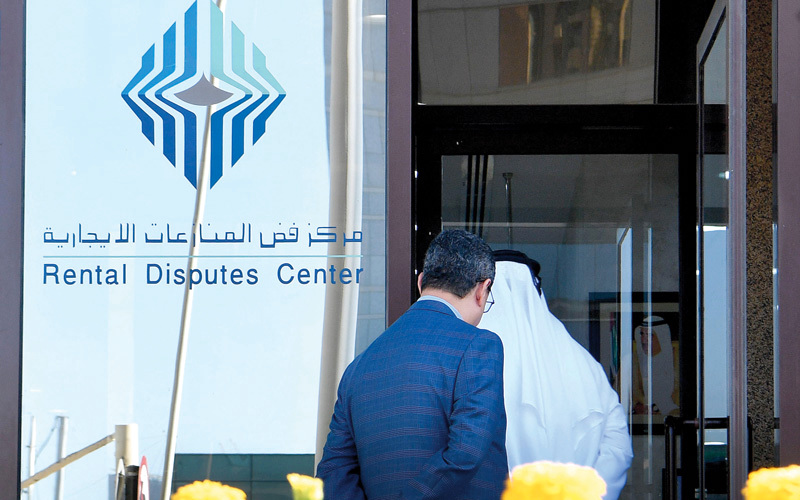
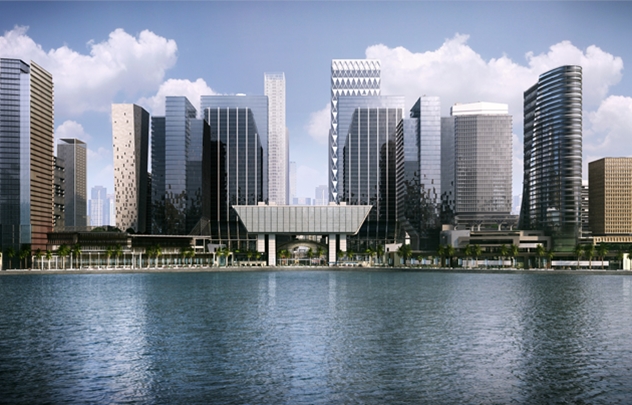











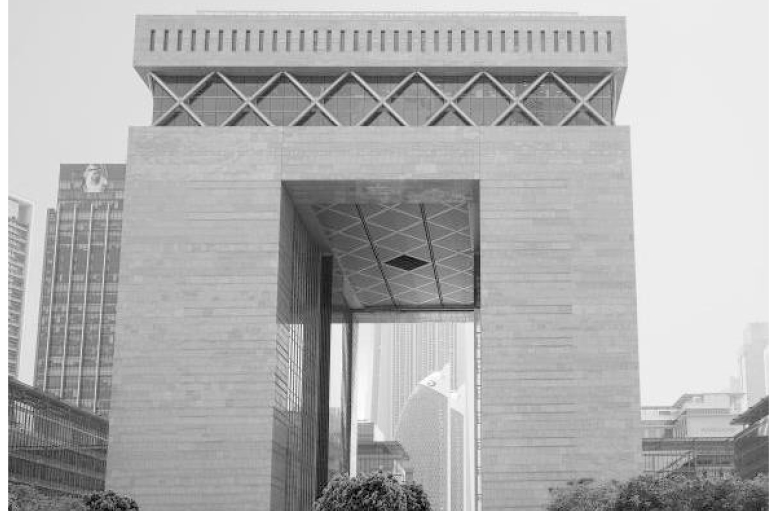









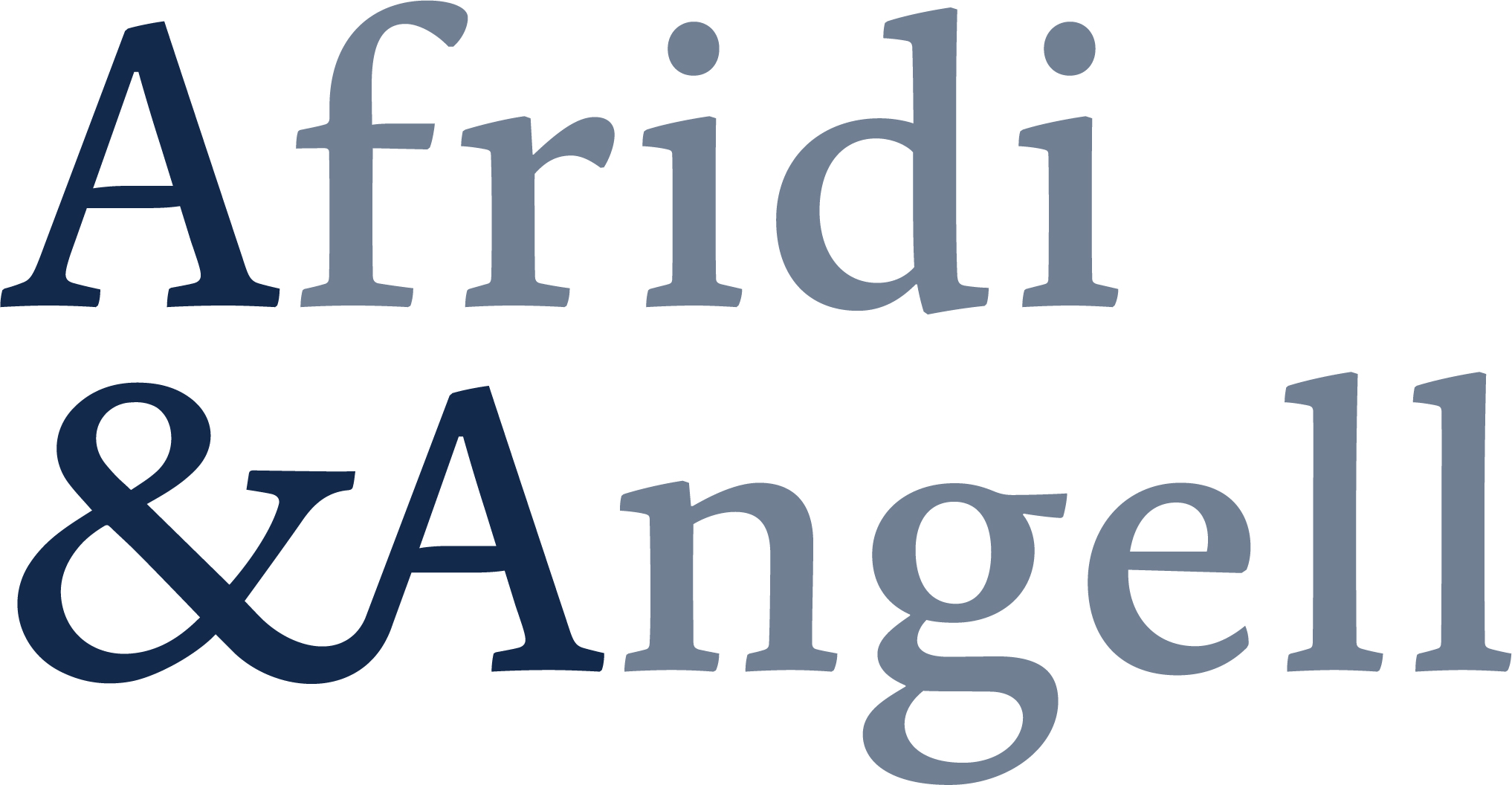 Afridi & Angell
Afridi & Angell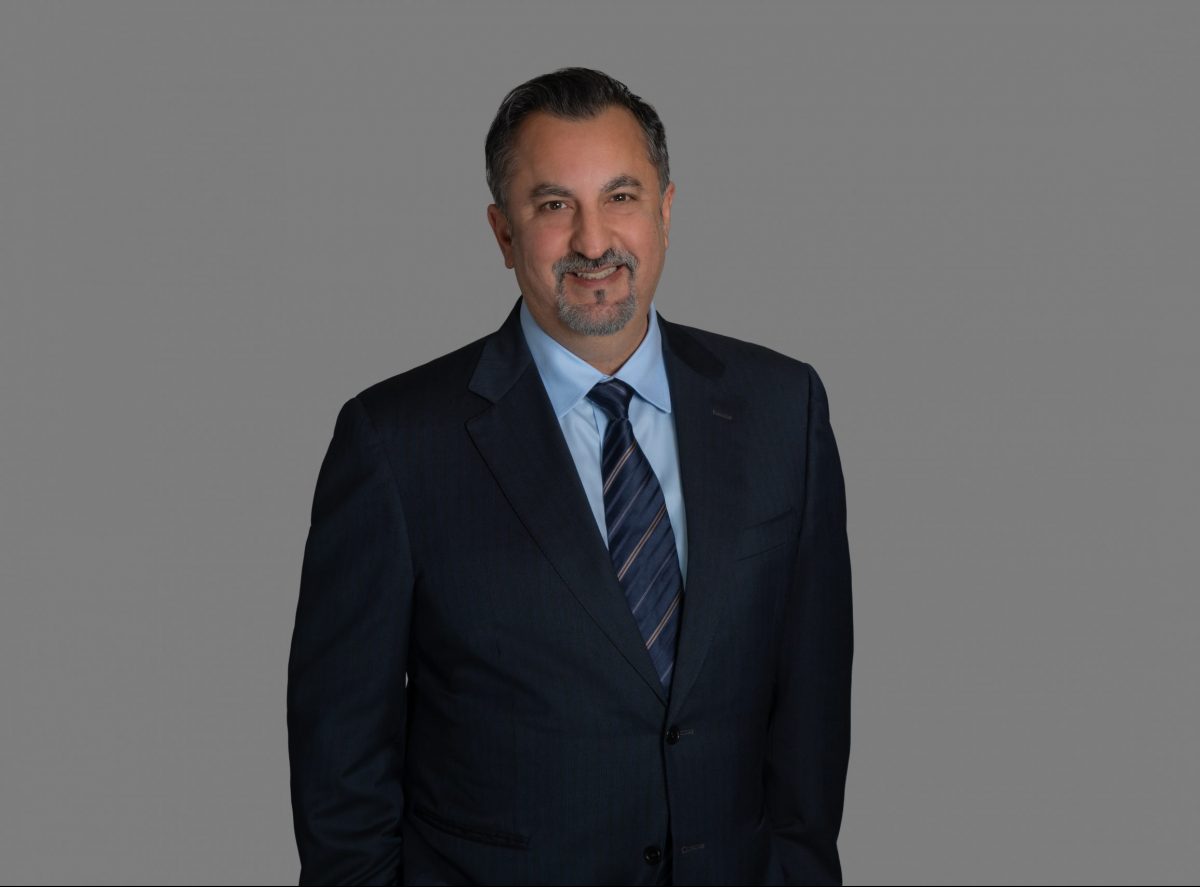 Masood Afridi
Masood Afridi Amjad Ali Khan
Amjad Ali Khan





